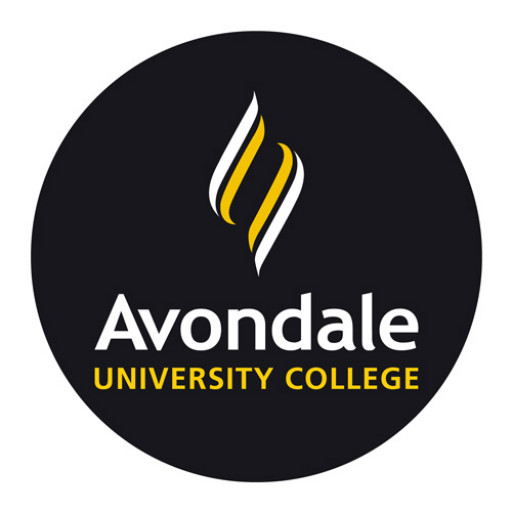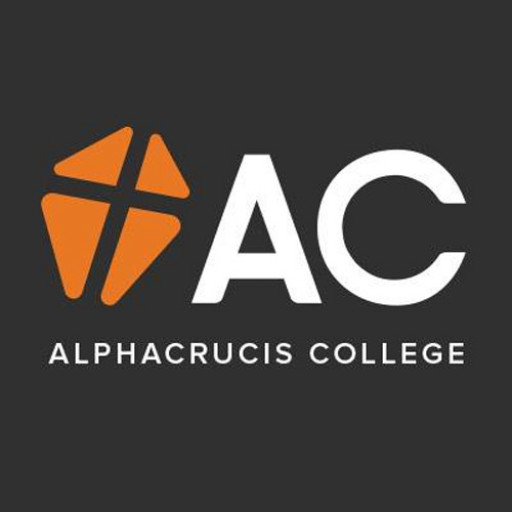Photos of university
The Theology program at the University of Notre Dame offers students an in-depth exploration of religious beliefs, traditions, and spiritual questions that have shaped human history and continue to influence contemporary society. Rooted in a rigorous academic framework, the program combines coursework in biblical studies, church history, doctrine, ethics, and contemporary theological issues, fostering critical thinking and a deeper understanding of faith and reason. Students engage with diverse theological perspectives and participate in lively discussions, preparing them for various careers in academia, ministry, public service, and beyond. The program emphasizes the development of analytical skills, ethical reasoning, and cultural awareness, equipping graduates to navigate complex moral and spiritual dilemmas with confidence and sensitivity. Notre Dame's rich academic resources, including world-renowned faculty, libraries, and research centers, provide an exceptional environment for theological inquiry. Students have opportunities for internships, fieldwork, and participation in religious communities, enriching their academic experience with practical engagement. The program also encourages interdisciplinary approaches, encouraging students to examine theology in relation to philosophy, history, literature, and social sciences. Whether pursuing undergraduate, graduate, or doctoral studies, students benefit from personalized mentorship and access to a vibrant intellectual community committed to exploring the divine, moral values, and the role of religion in fostering social justice and human flourishing. Graduates of the Theology program at Notre Dame are well-prepared for leadership roles in religious institutions, education, non-profit organizations, and public policy, making meaningful contributions to society through faith-informed service and scholarship.
The doctoral program requires 42 credit hours of course work and takes a minimum of four years, more often five (or more) years, to complete. In the best interest of the student as well as the program, each student is evaluated at the end of each semester and personally advised of his or her progress in the program.
Course Work
Two years of course work in residency are required.
Students are required to take courses outside their major field and are strongly urged to take courses in fields that are methodologically distinct.
Language Requirements
Students are required to pass examinations showing the ability to read with the aid of a dictionary of standard theological sources in French, German, and either New Testament Greek or Latin. Additional languages are required for Christianity and Judaism in Antiquity, World Religion/World Christianity, and Liturgical Studies (more information can be found in the Student Handbook, available above) and with permission of the Director of Graduate Studies students can substitute a language necessary for their research for one of the stated modern language requirements, e.g. Spanish for French. The language requirement should be fulfilled as soon as possible and must be fulfilled by the fall of the third year.
Candidacy Examinations
Candidacy examinations usually are taken in the second semester of the third year after the completion of all course work and language requirements. The topics for the examinations are meant to synthesize material learned in course work, as well as to expand students' intellectual breadth and skills.
Content of Candidacy Examination
- Seven topics in the major field. (One of the topics should be on the subject to be explored in the dissertation.)
- Three topics outside the major field.
- Topics are prepared by the student in consultation with his or her advisor.
Length of Examination
Three days of written examinations are required, followed by a 90-minute oral examination to which the student is admitted after successfully passing the written examinations.
Dissertation Proposal
The dissertation proposal is to be submitted by the beginning of the semester following candidacy examinations. The completed dissertation must be submitted within eight years of matriculation.
- Bachelor's degree from an accredited college or university. Master's degree in theology, or the equivalent.
- Required Graduate Record Examination (GRE) scores.
- A statement of intent (300 to 600 words) and a C.V.
- Official transcripts from each post-secondary institution attended. These should be uploaded to your application, not sent to the Graduate School offices or to the Department of Theology.
- GRE scores and, for all nonnative speakers of English, TOEFL scores.
- Three letters of recommendation.
- Waiver of Access form for each letter of recommendation.
- The optimal length of a writing sample is fifteen to twenty pages. You may submit a longer sample but should be aware that faculty may not have time to read it in its entirety. Thus, if you do submit a longer sample it should have shorter subsections that demonstrate the sorts of skills that you would like the faculty to bear in mind when considering your application.
Scholarships
Some students will hold national scholarships or fellowships. For those who need financial assistance, the Graduate School and Department of Theology offer the following types of grants:
Graduate Fellowships and Assistantships
- Most students receive a departmental graduate fellowship that includes a full-tuition scholarship and an annual stipend (for students starting in 2014-2015 this is $19,000.
- Students are not responsible for any service during their first and fourth years.
- During the second and third years, graduate students work for a member of the faculty (c. twelve hours per week during the academic year).
- In the fifth year, students teach two independent courses.
Graduate School Premier Fellowships
- In addition to departmental graduate fellowships, some students may be awarded premier fellowships from the Graduate School. These fellowships are offered on a competitive basis and provide full tuition, an increased stipend, and full coverage of the university's health insurance premium.
- Students have the same responsibilities (in years two, three and five) as students with a departmental fellowship.
- More information regarding these fellowships can be found at the Graduate School website.
Tuition Scholarships
In cases where students receive extramural support, the University normally covers tuition costs.
Supplementary Support
The Graduate School and the Department also make other types of financial support available.
- Students are given travel grants by the Department to help underwrite the expense of attending conferences in order to present papers, network with colleagues, and interview for jobs. There are other sources of funding in the University that help students meet particular needs: traveling internationally to research archives, for example.
- Most students receive summer dissertation stipends in their fourth and fifth years so that they can focus on research and writing.
The University of Notre Dame offers a comprehensive Theology program designed to provide students with a deep understanding of religious beliefs, doctrines, history, and the role of religion in society. The program emphasizes the development of critical thinking, moral reasoning, and a profound appreciation for the Catholic tradition, as well as other religious traditions. Students are encouraged to explore theological concepts through rigorous coursework, engaging discussions, and immersive experiences that prepare them for diverse careers in education, ministry, research, and public service. The curriculum includes foundational courses in biblical studies, church history, dogma and doctrine, moral theology, and contemporary issues in religion. Additionally, students have opportunities to participate in internships, community service projects, and study abroad programs to enhance their understanding of different cultures and faith practices. The program aims to foster both intellectual growth and spiritual development, equipping graduates with the skills necessary to contribute thoughtfully and compassionately to society. Notre Dame's distinguished faculty members are experts in their fields, offering mentorship and guidance tailored to each student's interests and goals. The Theology program also emphasizes the importance of interdisciplinary learning, encouraging students to connect theological insights with fields such as philosophy, sociology, and ethics. Graduates of the program often pursue advanced theological studies or enter professions where they can serve as leaders, educators, chaplains, or advocates for social justice. The university's commitment to academic excellence and faith-based education ensures that students receive a well-rounded, transformative educational experience that prepares them for meaningful engagement in a complex and diverse world.







